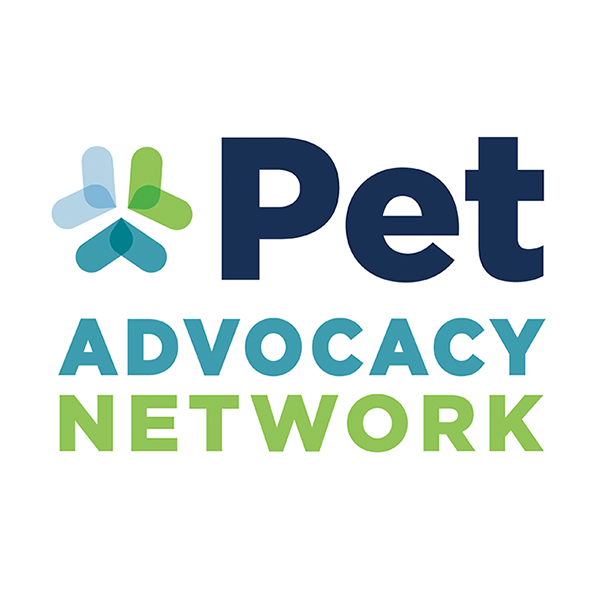Washington, D.C. (October 28, 2024) — The Human Animal Bond Research Institute (HABRI) is proud to announce a new partnership with Ancestry®, maker of the Know Your Pet DNA test. This collaboration will advance scientific research on the bond between people and pets, enhancing our understanding of the profound health benefits that this relationship provides.
Ancestry will support HABRI’s ongoing efforts to fund innovative research on the human-animal bond. HABRI has to date funded 57 research projects examining the positive health impacts of the bond for both people and animals including improved mental, physical and social health.
“Ancestry is proud to support HABRI’s mission,” said Caitlyn Bruns, Senior Manager of DNA Strategy at Ancestry. “Ancestry started Know Your Pet DNA because we believe that understanding the genetics and history of our pets not only enriches the lives of animals but also strengthens the connections we share with them.”
In collaboration with Ancestry, HABRI will continue to educate the public about the human-animal bond, creating new opportunities to communicate the far-reaching impact of pets on society and the value of companion animals as a part of healthy lifestyles.
“Scientific research has consistently shown that the human-animal bond plays a vital role in enhancing quality of life,” said Steven Feldman, President of HABRI. “Partnering with Ancestry will allow us to further explore how these relationships affect both humans and pets in meaningful ways and provide new insights into how we can strengthen this connection.”
About Ancestry
Ancestry, the global leader in family history, empowers journeys of personal discovery to enrich lives. With our unparalleled collection of more than 60 billion records, over 3 million subscribers and over 25 million people in our growing DNA network, customers can discover their family story and gain a new level of understanding about their lives. Over the past 40 years, we’ve built trusted relationships with millions of people who have chosen us as the platform for discovering, preserving, and sharing the most important information about themselves and their families.
About Human Animal Bond Research Institute (HABRI)
HABRI is a not-for-profit organization that funds innovative scientific research to document the health benefits of companion animals; educates the public about human-animal bond research; and advocates for the beneficial role of companion animals in society. For more information, please visit http://www.habri.org
Contact
Hayley Maynard (on behalf of HABRI)
Hayley@inspireprgroup.com
614-701-8205
Ancestry® Media Relations
mediarelations@ancestry.com
###





